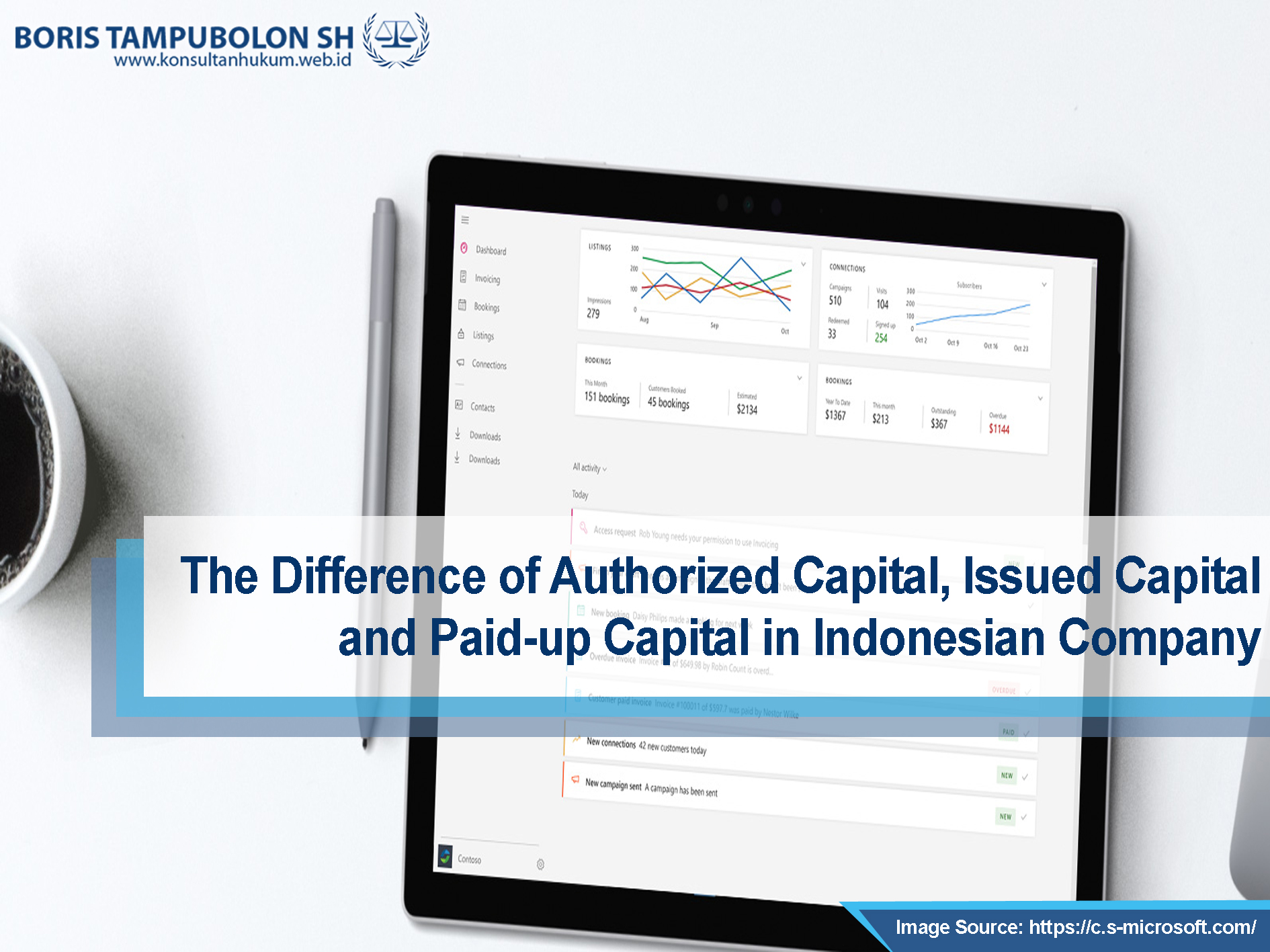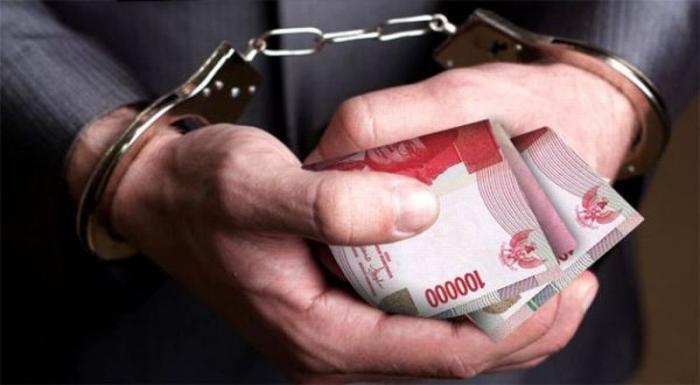
Generally, the Companies’ capital is governed under the article 31 until 36 Law No.40 Year 2007 regarding Limited Liability Company (Company Law). The companies’ capital is divided into three, those are Authorized capital, Issued Capital and Paid-up Capital.
I. Authorized Capital
Companies’ capital is the amount of capital stipulated in the companies’ article of association. All amount of capital must be divided into shares issued by company. In other word, the companies’s authorized capital actually are consisted of the accumulation of the all shares.
Article 32 Company law states:
(1) Companies’ authorised capital shall be at least Rp. 50,000,000 (fifty million Rupiah).
(2) Statutes regulating certain business activities may determine a minimum amount for Companies’ authorised capital which is greater than the provision for authorised capital contemplated in paragraph (1).
(3) Changes in the amount of authorised capital contemplated in paragraph (1) must be stipulated by Government Regulation.
But, the minimum amount of authorized capital as mentioned in Article 32 verse 1 may be ruled out, due to the issuance of the Governemt Regulation No. 29 Year 2016 regarding Authorized Capital Amendment of Limited Liability Company, regulating that the companies’ authorized capital shall be based on the agreement of the founders. Except for the company that run a certain busines activities.
II. Issued Capital
Issued capital is the amount of capital (shares) that has been taken either by the founder or the oher party, but the price of shares have not paid up fully yet. Therefore, parties who took the shares must pay-up the amount price of shares he took, to the company.
III. Paid-up Capital
Paid-up Capital is the capital taken (either by the founder or the others) and the price of share has been paid-up to the companies’account.
At least 25% of the authorized capital as stated in Article 32 Company Law must be issued and paid-up fully when the establishment of company which is proven with the evidence of deposit by the shareholders into a bank account under the name of the company.
About The Author

Boris Tampubolon
Boris Tampubolon, S.H. is an Advocate and Legal Consultant. He is also the Founder of Law Firm Dalimunthe & Tampubolon Lawyers. He made this website with the aim to provide all information related of law, help and defend you in order to solve your legal problem.
Terbaru
Video Gallery
Berita






